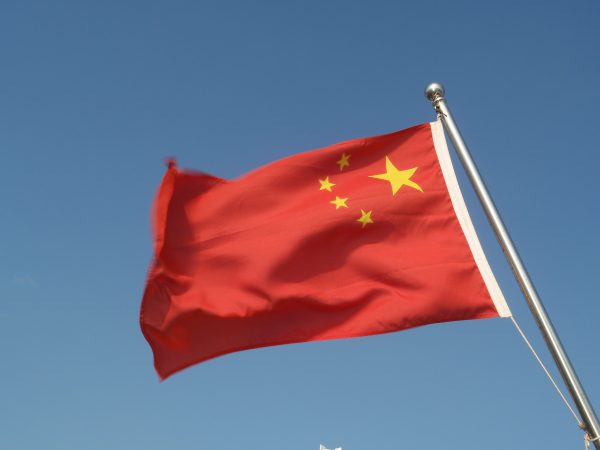Chinese wants to hold on to their media
Hong Kong: Ever since the Communist Party came in power, China has only seen military and propaganda — or “the barrel of the gun and the shaft of the pen” as described by former Chairman Mao Zedong.
Nectar Gan, said that for the party (CCP), the central mission of the media is not to hold the powerful accountable, but ensure those in power hold on to it.
Newspapers, literature, television, film, music, theatre and even pop culture is a conduit through which the party propagandise its ideas and policies, and shape public opinion in the direction it desires.
As China grew richer and became more globalised, constraints on pop culture were relaxed, with music and TV shows in particular becoming more market orientated, says Nectar Gan.
Domestic media outlets meanwhile were given some room to conduct hard-hitting journalism, and at times expose the corruption of local authorities, but the party’s fundamental view on mass media remained unchanged.
But since Xi Jinping came to power, he has doubled down on the maxim that the media should serve the party, squeezing the already limited space for critical reporting.
And the tightening of control has extended well beyond the press, into a broader crackdown on ideology, from university classrooms and bookstores to the entertainment industry, writes Gan.
As Beijing tightens its grip on Hong Kong, it is natural for the party to turn to the city’s sharpest pen — one that has long been a thorn in its side and serves as one of the last remaining rallying points for calls for democracy and resistance to Beijing.
This week, Hong Kong’s largest and loudest pro-democracy tabloid, Apple Daily, was shuttered under pressure from the government — the latest target of the party’s crusade against the city’s opposition voices and rapidly shrinking freedoms since the imposition of a National Security Law a year ago.
The demise of Apple Daily came just ahead of the party’s centenary on July 1, a day that is also commemorated in Hong Kong for its return to Chinese rule — and had traditionally been marked by massive pro-democracy protests.
While authorities were able to quickly clamp down on smaller protests on July 1 last year, they couldn’t stop Apple Daily from splashing a defiant rebuke of the newly-effective national security law on its front page — which stood out from the identical government sponsored front pages that celebrated its enactment in other newspapers.
In a way, Beijing’s heavy-handed approach to bring Hong Kong to heel reflects a new level of self-confidence and assertiveness the Party has acquired under President Xi Jinping — no longer worried about repercussions from the West, it tightens control where it sees fit with a scornful disregard for the condemnation or sanctions that may follow.
But its obsession with control also betrays a deep-rooted insecurity.
The supposedly omnipresent and omnipotent Communist Party is well aware of the power of the media and public opinion. Chinese state media has called Apple Daily “poisonous” and a “dangerous political organization,” and tried to portray its closure as an event of “great satisfaction to the hearts of Hong Kong citizens.”
But the fact that one million copies of Apple Daily’s final edition were snapped up across the city on Thursday shows the level of support it commanded among Hongkongers — and the scale of resentment towards Beijing.
This July 1, as the party celebrates its 100th birthday, it wants to show a message of absolute triumph, unity and strength.
With Hong Kong’s annual protest called off, the opposition camp in jail and the largest pro-democracy newspaper shuttered, it won’t need to worry about any public expression of dissent — either in the streets or on newspaper front pages.
But suppressed dissent will not simply evaporate — meaning, the insecurity of the party is here to stay, opined Nectar Gan.













